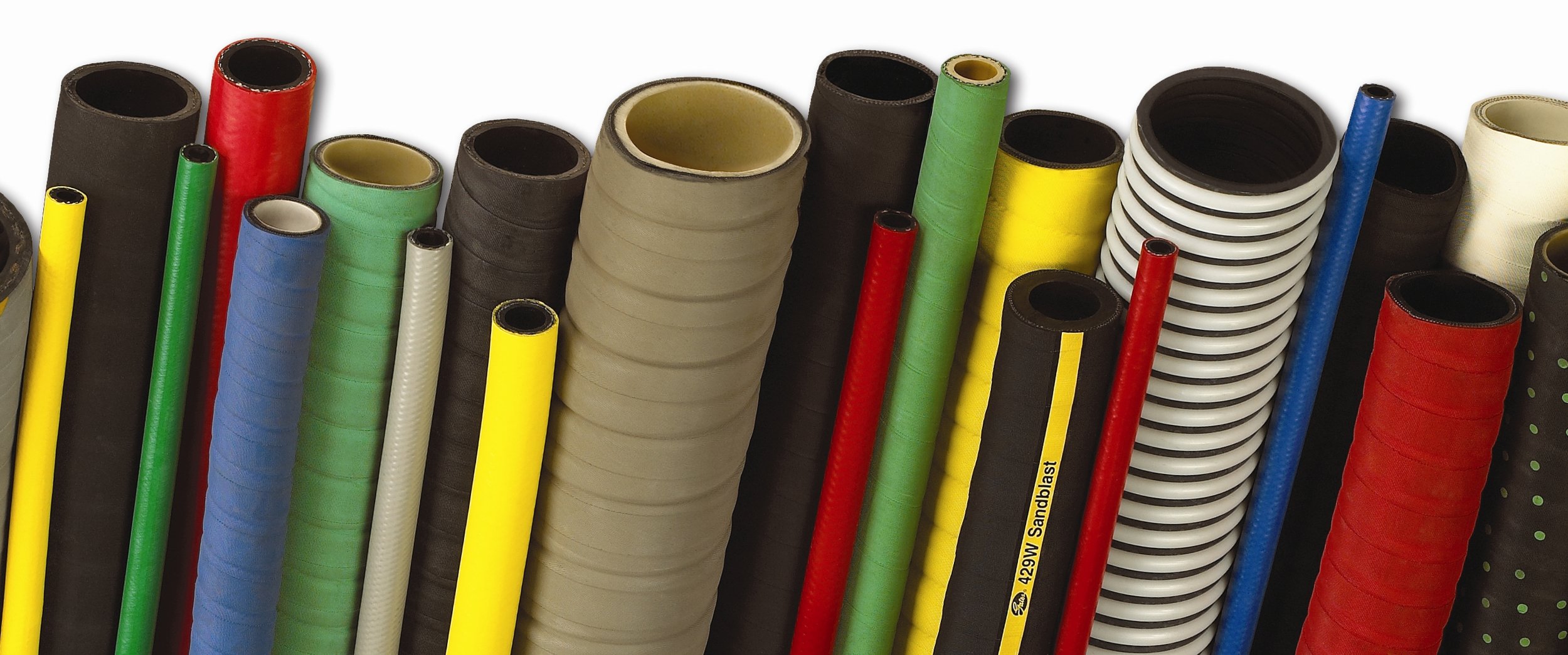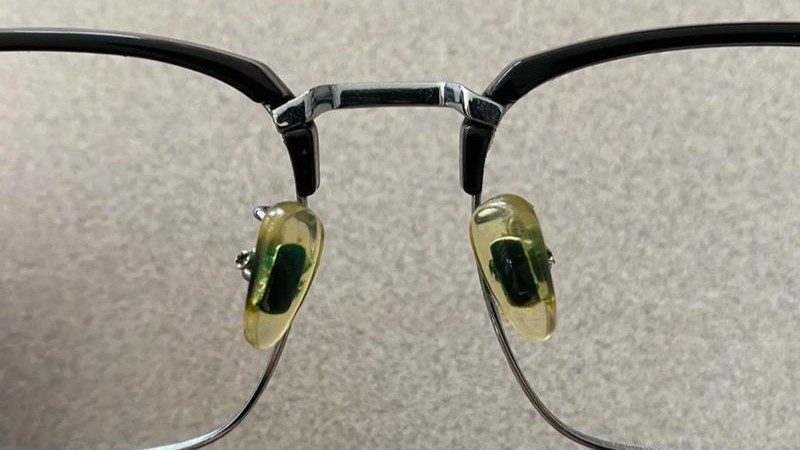Industrial hoses play a pivotal role in various industries, serving as critical components for transporting liquids, gases, and other materials. This guide explores the types of industrial hoses, their applications, and the benefits they offer, helping businesses select the right hose for their specific needs.
What Are Industrial Hoses?
Industrial hoses are flexible tubes designed to transport materials such as water, air, oil, chemicals, and bulk solids. These hoses are engineered to handle high pressures, extreme temperatures, and corrosive substances, making them indispensable in numerous industries, from construction to manufacturing.
Types of Industrial Hoses
1. Water Hoses
Used for water transfer and irrigation in agriculture, landscaping, and construction.
2. Air Hoses
Commonly used in pneumatic tools, compressors, and other air-powered equipment.
3. Chemical Hoses
Designed to transport acids, alkalis, and other hazardous chemicals safely.
4. Oil and Fuel Hoses
Specialized for transferring petroleum products in automotive and industrial settings.
5. Food and Beverage Hoses
Used in industries where hygiene is crucial, such as food processing and pharmaceuticals.
6. Material Handling Hoses
Built for transferring bulk materials, including sand, gravel, and cement.
7. Steam Hoses
Designed to handle high-temperature steam applications, ensuring safety and durability.
Applications of Industrial Hoses
Industrial hoses are used in a variety of sectors, including:
- Construction: For water supply, dewatering, and cement handling.
- Manufacturing: In chemical transfer and cooling systems.
- Automotive: To transport fuel, lubricants, and coolants.
- Agriculture: For irrigation and pesticide application.
- Food Processing: To maintain hygiene standards in fluid and material transfer.
Benefits of Using Industrial Hoses
1. Versatility
Industrial hoses are designed for diverse applications, from high-pressure to corrosive environments.
2. Durability
Made from robust materials, these hoses withstand extreme conditions, ensuring longevity.
3. Safety
Specialized hoses reduce risks by preventing leaks and handling hazardous substances effectively.
4. Efficiency
High-quality hoses enhance operational efficiency by providing reliable material transport.
5. Cost-Effectiveness
Durable hoses reduce maintenance costs and downtime, offering long-term savings.
Factors to Consider When Choosing an Industrial Hose
To ensure optimal performance, consider the following when selecting an industrial hose:
- Material Compatibility: Ensure the hose material suits the substance being transported.
- Pressure and Temperature Ratings: Match the hose’s specifications with the application’s requirements.
- Flexibility and Length: Choose a hose that meets your operational needs.
- Compliance: Verify that the hose adheres to industry standards and regulations.
Conclusion
Industrial hoses are essential components across various industries, offering versatility, durability, and safety. By understanding the types, applications, and benefits of industrial hoses, businesses can make informed decisions to enhance their operations. Whether transporting water, chemicals, or other materials, the right hose ensures efficiency and reliability in demanding environments.




